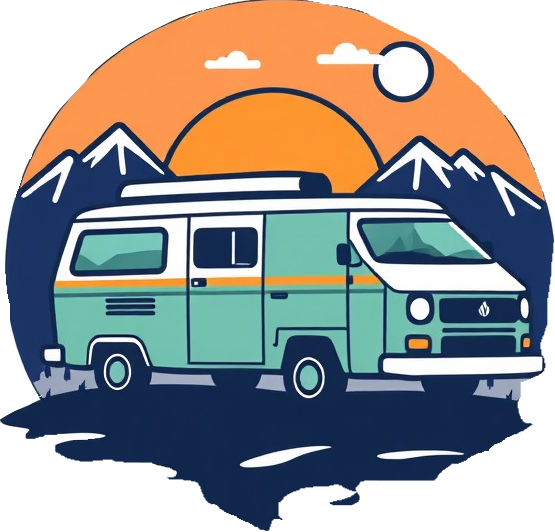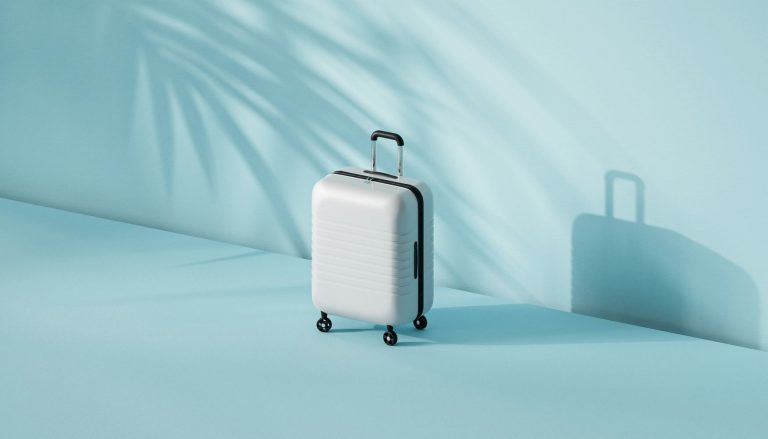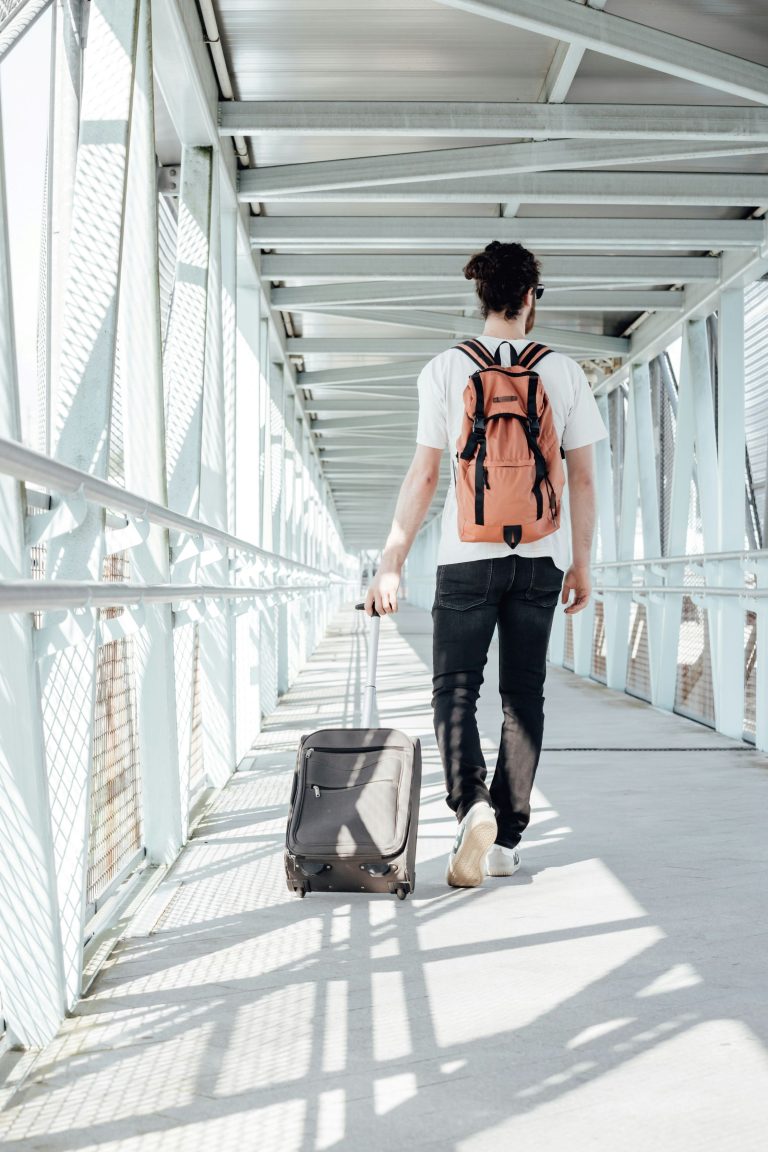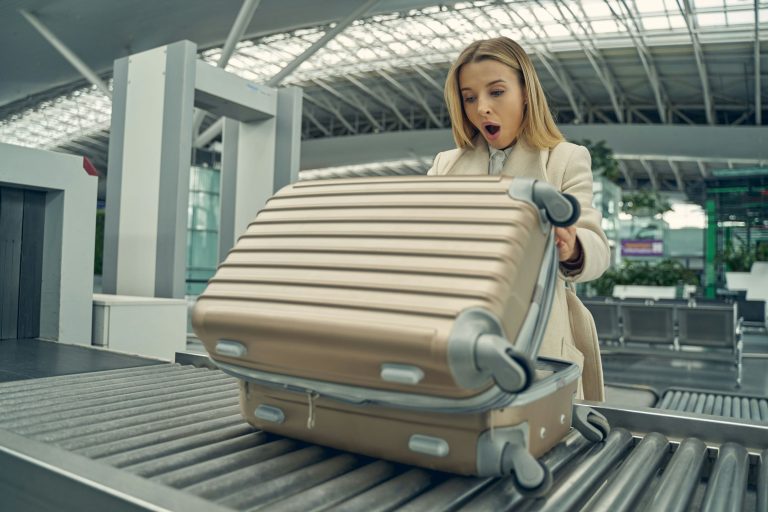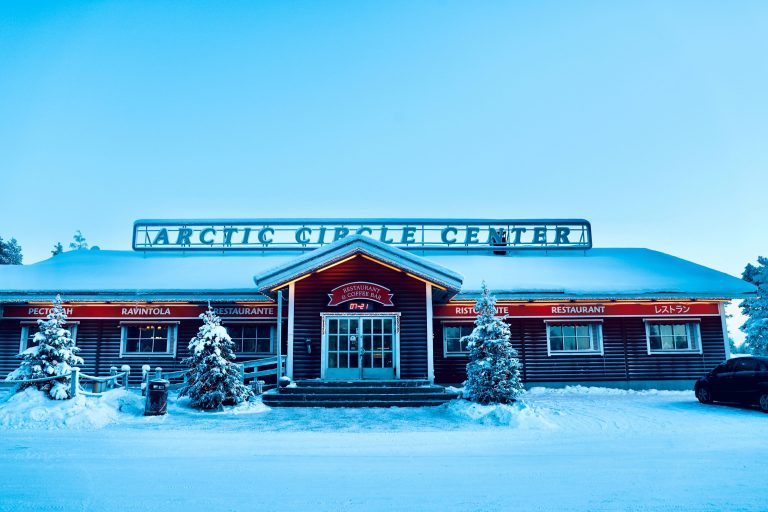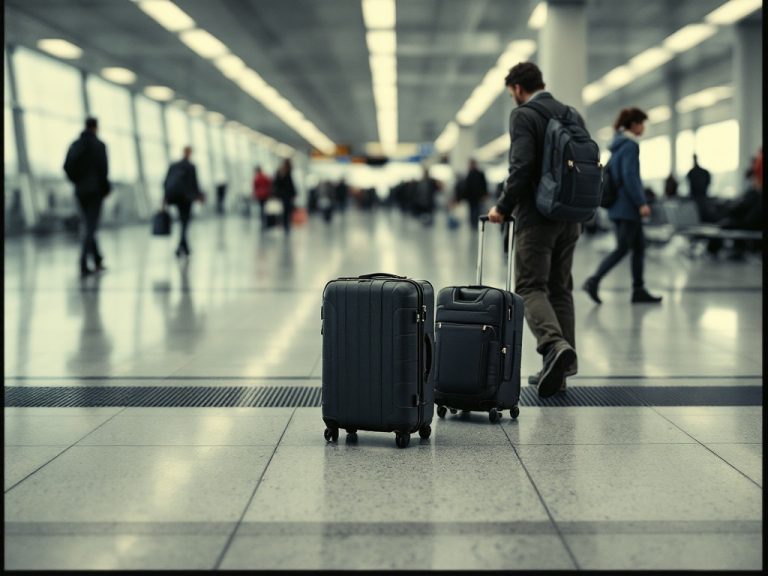Owning a motorhome involves similar responsibilities as owning a passenger car, with additional considerations due to its unique features. Proper maintenance, technical inspections, and compliance with regulations are crucial to ensuring the safety, longevity, and functionality of the vehicle. Below are the key duties involved in owning a motorhome:
Camper Maintenance and Inspection
Regular technical inspections are essential. Like any other vehicle, motorhomes require routine inspections to ensure safety. This includes checking important components such as the engine, braking system, tires, suspension, as well as gas and electrical systems. Keeping the motorhome in good technical condition is critical for safe operation.
Motorhomes are more susceptible to leaks, particularly around windows, doors, and roofs. Regularly inspecting gaskets and addressing leaks promptly helps prevent water damage, mold, and other interior issues.
It’s important to maintain and check the water and gas installations to ensure safety. Potable water tanks should be disinfected frequently, and gas systems should be regularly checked to avoid leaks or malfunctions.
Given that motorhomes are often exposed to harsh weather conditions, regular inspection for corrosion is necessary. There are various products, such as waxes, ceramic coatings, and impregnates, designed to protect the motorhome from rust. Washing the chassis regularly can also extend the vehicle’s lifespan.
Camper Improvements
The installation of solar panels can increase a motorhome’s energy independence, allowing for longer stays in locations without access to external power. This is especially useful for those who prefer off-grid camping.
For enhanced comfort in extreme temperatures, installing air conditioning or heating systems (such as parking heating systems or roof air conditioners) can make a significant difference.
An awning attached to the motorhome provides shade and protection from the elements. It extends the living space outside, offering a cozy area for relaxation, meals, or shelter from the sun or rain.
A reversing camera is a valuable addition for safer maneuvering in tight or narrow spaces. It simplifies parking and helps avoid obstacles.
For those who enjoy cycling, installing a rear-mounted bicycle carrier allows for easy and safe transport of bikes on trips.
Incorporating modern electronics like multimedia systems, GPS navigation, and smart home devices can greatly enhance the comfort and convenience of a motorhome.
Legal Considerations
In most European countries, motorhomes weighing up to 3.5 tons can be driven with a standard Category B driving license. If the motorhome exceeds this weight, a Category C license is required.
By adhering to regular maintenance schedules, performing necessary upgrades, and understanding the legal requirements, motorhome owners can ensure a safe and enjoyable experience on their travels.
Parking and parking regulations: Different countries have different regulations for parking and camper
overnight. It is important to familiarize yourself with local regulations to avoid fines. In many places,
overnight accommodation in the wild is limited or prohibited.
Motorhome insurance: Owning a motorhome requires appropriate insurance, covering both standard
damage and specific to recreational vehicles, such as interior damage, theft of equipment or damage to the camping site.
Technical inspections and approvals: In some countries, motorhomes are subject to specific technical
inspections and approvals, especially for gas and electrical systems. Ensure that the vehicle meets all legal requirements.
Road taxes and charges: Depending on the country, motorhome owners may have to pay additional road taxes or road use charges, especially for heavier vehicles.
So if we want to ride our motorhome in safe and comfortable conditions, remember about inspections,
maintenance and its improvement!!!
